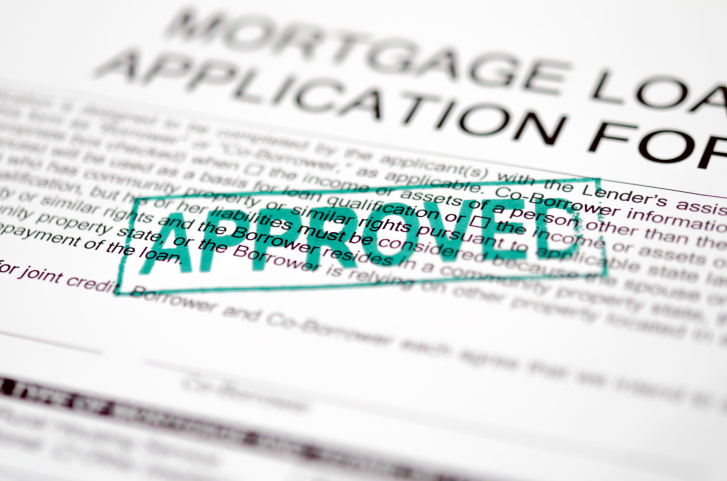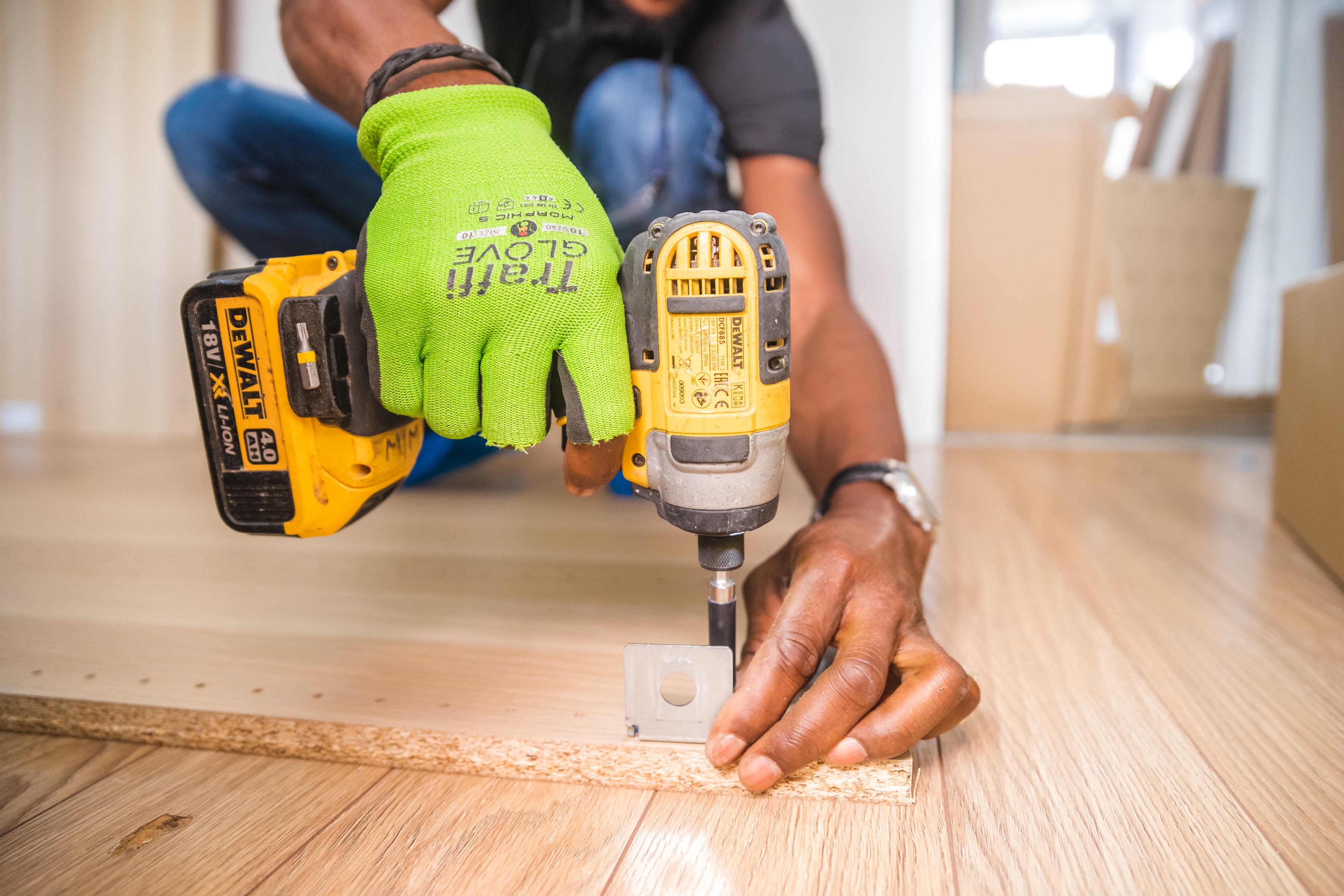Comparing An Online And Offline Home Loan Application
 The internet has changed how many people shop for a home and one of the most important issues that people will face is whether to fill out a home loan application online or offline.
The internet has changed how many people shop for a home and one of the most important issues that people will face is whether to fill out a home loan application online or offline.
While there is something to be said for going to the loan officer in person and filling out the application with the help of a professional, some people might find the online option to be more convenient. With this in mind, it is important to compare some of the ways in which an online versus an offline home application might be different.
The Eligibility Process
While the most exciting part of shopping for a home is traveling around and looking at the different options, people need to know how expensive of a home they can afford. With the online process, people can fill out the application process online and immediately see how big of a loan they can afford with the help of the home loan provider.
There are simple tools online, such as a loan eligibility calculator. In contrast, going to the office of the loan provider might require detailed discussions that could lead to a denial. This would end up being a waste of time. In this manner, the online process is faster.
The Documentation Required
The documentation process is also much easier online. When someone applies for a home loan online, it is easy to upload the required documents for review later. This might include the application form, proof of identity, proof of address, and more. Home loan providers will list all of the required documents on the site with ease. When it comes to applying in the offline world, this requires people to physically carry all of this information to the office. People run the risk of losing important documents in transit along the way.
The Application Process
Finally, even the process of applying for a loan itself is much easier when people can do this online. It is easy to register on the website, fill out the application, and submit the documents. Often, the turnaround time is much shorter as well. These are a few of the biggest reasons why the online application process is growing in popularity.

 It is no secret that the COVID-19 pandemic has had an impact on everyone; however, there are a few impacts that are being overlooked. In addition to the public health crisis and the tanking of the stock market, there are also impacts of the virus on people’s home values.
It is no secret that the COVID-19 pandemic has had an impact on everyone; however, there are a few impacts that are being overlooked. In addition to the public health crisis and the tanking of the stock market, there are also impacts of the virus on people’s home values. As a homeowner, there are numerous situations in which someone might need a home service professional. On the other hand, this can also create a sense of vulnerability because people might not know who to choose. In order to find the right home service professional, there are a few tips that people need to follow.
As a homeowner, there are numerous situations in which someone might need a home service professional. On the other hand, this can also create a sense of vulnerability because people might not know who to choose. In order to find the right home service professional, there are a few tips that people need to follow.